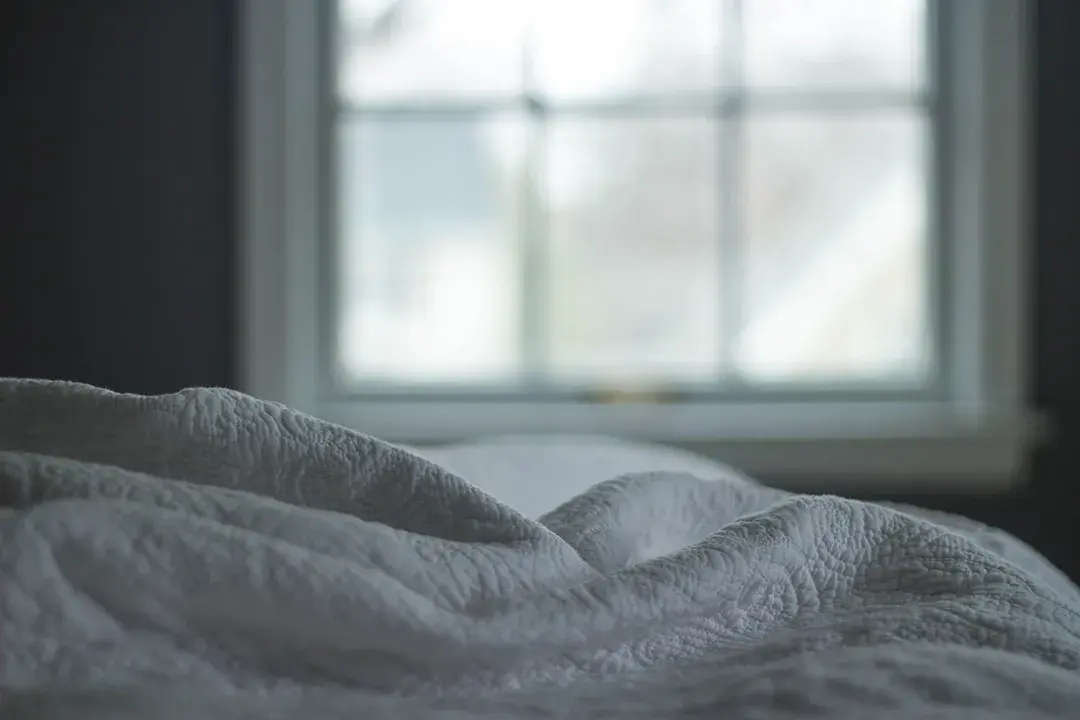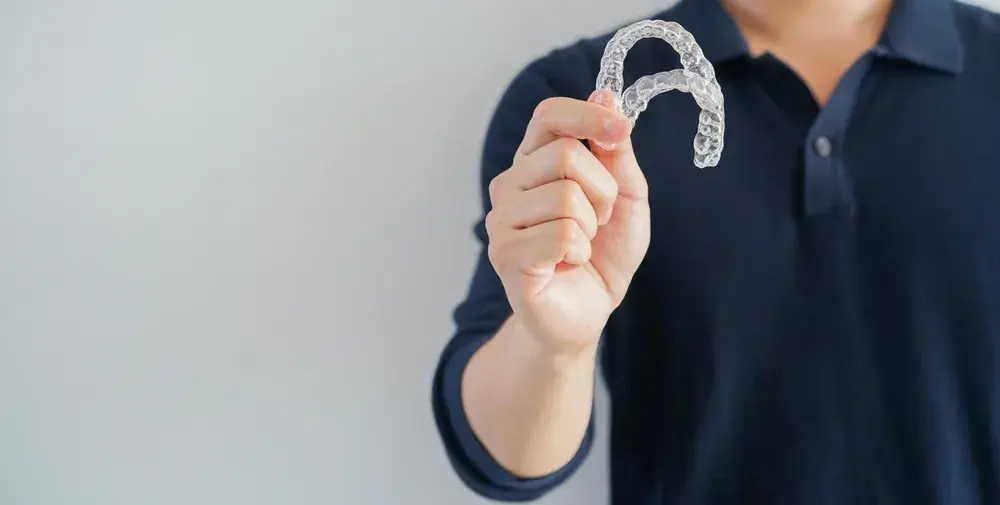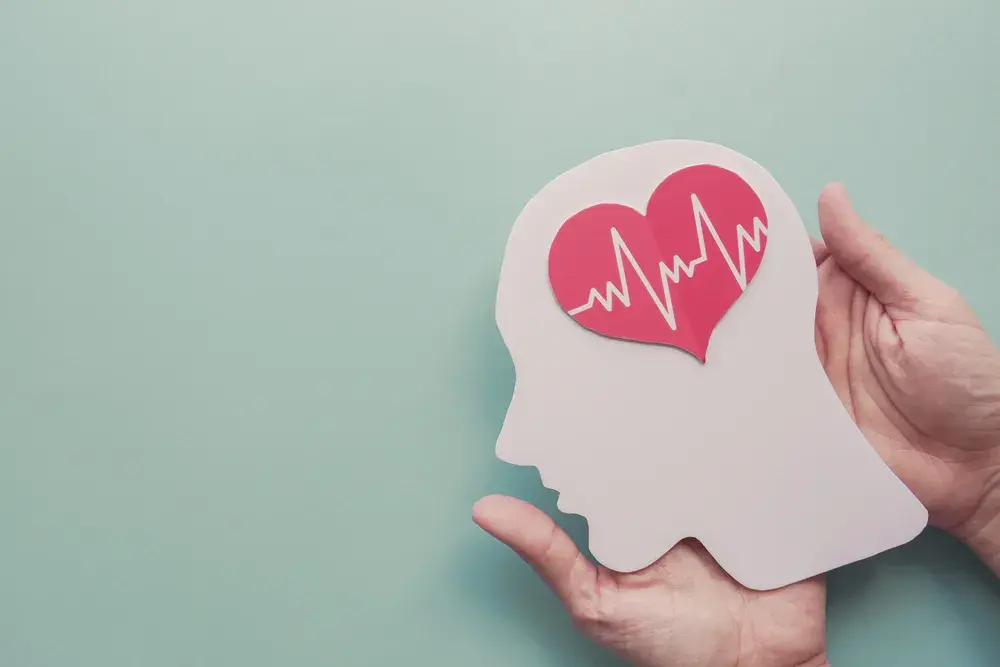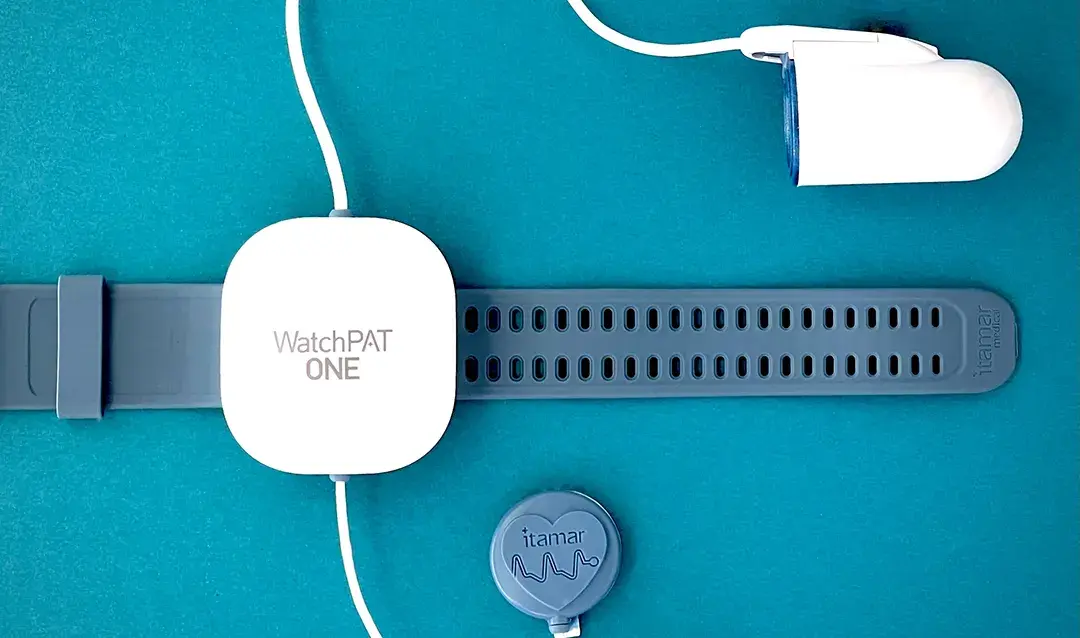Can Sleep Apnea Kill You?
Not to put too fine a point on it, but…

Sleep apnea is more than snoring; it’s a health concern. But how serious is it? Is sleep apnea merely irritating, mildly dangerous, or can it actually kill you?
"Sudden death due to sleep apnea is fortunately extremely rare,” says Jagdeep Bijwadia, M.D. “However, the more severe your sleep apnea is and the more comorbidities you have, the more likely your sleep apnea is to lead to health consequences and increase risk of an early death." The term “comorbidities” refers to any other health conditions you might have, many of which can worsen your sleep apnea, or your sleep apnea can make them worse — it's a two-way street.
So the short answer is yes, sleep apnea can kill you if you leave it untreated. You might have heard tragic stories of individuals like Carrie Fisher and Reggie White who passed away due to sleep apnea, among other factors.
Although the news often reports on sudden deaths from sleep apnea, however, these instances only represent a small piece of the puzzle. The far more common danger lies in the long-term toll that untreated sleep apnea takes on your body, significantly increasing your risk of serious chronic health issues over time.
“While you can die suddenly of sleep apnea, there are many more patients who have untreated sleep apnea that increases their risk of stroke, cardiac disease, hypertension, and insulin resistance,” says Dr. Bijwadia. “These are just as deadly and are much more common than the risk of sudden death.”
How can sleep apnea kill you?
Sleep apnea is associated with a greater risk of death from a wide variety of causes. Studies show that sleep apnea can put you at increased risk for diabetes, and having diabetes can also make it more likely that you’ll develop sleep apnea. Conditions that have been shown to have this bidirectional relationship with sleep apnea include hypertension, chronic kidney disease, heart failure, stroke, metabolic disease, depression, and neurodegenerative diseases like Alzheimer’s and Parkinson’s.
That’s a big laundry list of disease states — so many that it might seem unlikely that one sleep condition could lead to so many other problems. However, the reason sleep apnea has such a massive impact on your whole body is simple: every system in your body needs sleep and oxygen to function, and sleep apnea prevents you from getting enough of both.
How does sleep apnea do all this damage, exactly?
An “apnea” is a period of ten seconds or longer during which you stop breathing. When you have sleep apnea, you regularly experience these gaps in breathing throughout the night which prevent your body and brain from receiving the oxygen they need to function properly.
Additionally, each time you stop breathing, your brain has to wake up a little bit to kickstart your breathing again. A lot of people with sleep apnea don’t think they wake up in the night because these “microarousals” don’t necessarily make you feel “awake” in a traditional sense. However, they do mean that your brain isn’t getting the rest that it needs, which is not only bad for your alertness the next day, but can lead to permanent damage. The problems that sleep apnea produces don’t end there, either.
“Imagine putting your hand on a soft plastic pipe and squeezing it. That's what sleep apnea does to your windpipe,” says Inell Rosario, M.D. “This pressure on your blood vessels adds stress to them, which can cause their inner lining to thicken. This, in turn, can lead to high blood pressure, which can cause your cholesterol level to affect you more, and ultimately increase your risk of heart disease.”
What should you do if you have sleep apnea?
“Sleep apnea is serious. It can ruin your quality of life and cause all kinds of health consequences,” says Christopher Lettieri, M.D. “And if you have it, it really has to be treated. It doesn't have to be treated with a CPAP, necessarily. There are options, including the oral appliance, but if you suspect you have sleep apnea, you need to take action ASAP.”
The good news is that the currently available treatments for sleep apnea are extremely effective, and studies show that people who treat their sleep apnea have significantly higher survival rates than those who don’t. Treatment can decrease your risk of heart disease, lower blood pressure, and can even reverse damage to the brain. It’s amazing what your body is capable of recovering from — especially when you finally give it all the oxygen and rest it needs.
Marshall NS, Wong KK, Liu PY, Cullen SR, Knuiman MW, Grunstein RR. Sleep apnea as an independent risk factor for all-cause mortality: the Busselton Health Study. Sleep. 2008;31(8):1079-1085.
Jhamb M, Unruh M. Bidirectional relationship of hypertension with obstructive sleep apnea. Curr Opin Pulm Med. 2014;20(6):558-564. doi:10.1097/MCP.0000000000000102
Hui Lily, Beneca Ruth. The Bidirectional Relationship Between Obstructive Sleep Apnea and Chronic Kidney Disease. Journal of Stroke and Cerebrovascular Diseases. 2021;30(9):1052-3057
Zeller J, Hetzenecker A, Arzt M. Schlafbezogene Atmungsstörungen bei Patienten mit Herzinsuffizienz: Epiphänomen oder wechselseitige Krankheitsbeeinflussung [Sleep-disordered breathing in patients with chronic heart failure: epiphenomenon or bidirectional relationship]. Pneumologie. 2013;67(3):150-156. doi:10.1055/s-0032-1326221
McDermott M, Brown DL. Sleep apnea and stroke. Curr Opin Neurol. 2020;33(1):4-9. doi:10.1097/WCO.0000000000000781
Framnes SN, Arble DM. The Bidirectional Relationship Between Obstructive Sleep Apnea and Metabolic Disease. Front Endocrinol (Lausanne). 2018;9:440. Published 2018 Aug 6. doi:10.3389/fendo.2018.00440
Pan ML, Tsao HM, Hsu CC, et al. Bidirectional association between obstructive sleep apnea and depression: A population-based longitudinal study. Medicine (Baltimore). 2016;95(37):e4833. doi:10.1097/MD.0000000000004833
Bahia CMCDS, Pereira JS. Obstructive sleep apnea and neurodegenerative diseases: A bidirectional relation. Dement Neuropsychol. 2015;9(1):9-15. doi:10.1590/S1980-57642015DN91000003
Wang C, Holtzman DM. Bidirectional relationship between sleep and Alzheimer's disease: role of amyloid, tau, and other factors. Neuropsychopharmacology. 2020;45(1):104-120. doi:10.1038/s41386-019-0478-5
Jeon SH, Hwang YS, Oh SY, et al. Bidirectional association between Parkinson's disease and obstructive sleep apnea: a cohort study. J Clin Sleep Med. 2023;19(9):1615-1623. doi:10.5664/jcsm.10596
Campos-Rodriguez F, Peña-Griñan N, Reyes-Nuñez N, et al. Mortality in obstructive sleep apnea-hypopnea patients treated with positive airway pressure. Chest. 2005;128(2):624-633. doi:10.1378/chest.128.2.624
Peker Y, Akdeniz B, Altay S, et al. Obstructive Sleep Apnea and Cardiovascular Disease: Where Do We Stand?. Anatol J Cardiol. 2023;27(7):375-389. doi:10.14744/AnatolJCardiol.2023.3307
Shafazand S, Patel SR. Effect of CPAP on blood pressure in patients with obstructive sleep apnea and resistant hypertension. J Clin Sleep Med. 2014;10(3):341-343. Published 2014 Mar 15. doi:10.5664/jcsm.3554
McCarra MB, Owens RL. Obstructive sleep apnea: can the downward spiral be reversed-a summary of John Stradling's ATS keynote speech. J Thorac Dis. 2016;8(Suppl 7):S539-S541. doi:10.21037/jtd.2016.07.26




